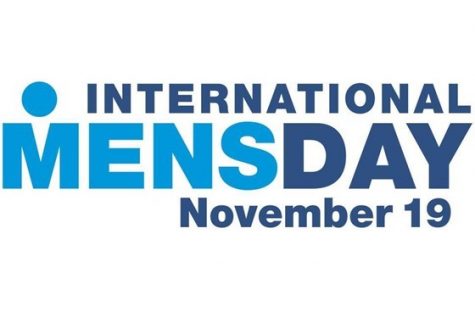PTSD and the COVID-19 Experience
As the COVID-19 pandemic drags on, there have been some changes in the way that the virus behaves and impacts those who are infected. The current strain is unfortunately easy to confuse with other viruses that have had their own pandemics in the past, with the influenza virus being the most notable. Some of the distinguishing factors involve the amount of time it takes for the coronavirus to show symptoms and the likely long-term damage that takes place in the respiratory system. The list of recognized symptoms experienced when infected with the coronavirus are as follows: fever, chills, cough, shortness of breath or difficulty breathing, fatigue, muscle and body aches, headache, loss of taste or smell, sore throat, congestion, runny nose, nausea, vomiting and diarrhea. These symptoms make it difficult to know if an individual actually has the coronavirus until further testing is done. This is a stress-increasing factor, as the ambiguity of the symptoms can lead to every condition seeming like the coronavirus unless stated otherwise. With this intense amount of ongoing stress surrounding the pandemic, it is unsurprising that there are connections between the coronavirus and post-traumatic stress disorder.
Before moving forward, it is important to gather a proper definition of what post-traumatic stress disorder is. Post-traumatic stress disorder (PTSD) is best defined as a “mental health condition that’s triggered by a terrifying event — either experiencing it or witnessing it,” as identified by mayoclinic.org. At this point, even without knowing the exact definition of PTSD, most of us know its symptoms fairly well: nightmares, unwanted memories of the trauma, and severe emotional distress are primarily associated with this disorder. This is very important to consider when revisiting the details of experiences associated with COVID-19, which have the chance of exacerbating already existing cases of PTSD. With symptoms such as shortness of breath, nausea, diarrhea and difficulty breathing, the body may find itself feeding into the belief that it’s experiencing anxiety or a stress response. For those who have experienced COVID-19 and were able to make a successful recovery afterwards, there is consistent mention of trauma connected to the horror and pain that the coronavirus provided. Keeping this in mind for those that are already diagnosed with PTSD, the experience can be that much more intense, as it encourages a higher chance of more frequent trauma experiences. This makes an already difficult disorder that much worse.
Thankfully, there seems to be a silent but growing concern for the lasting psychological effects of experiencing COVID-19. As much as the world is being impacted by the virus, it is important to hold on to any fragments of hope for humanity. The biggest one here is that COVID-19’s impact has on the brain and its relationship with PTSD is being discussed and addressed in some areas of psychology. The hope is that, eventually, this will not be a long-term issue that people face alone.












